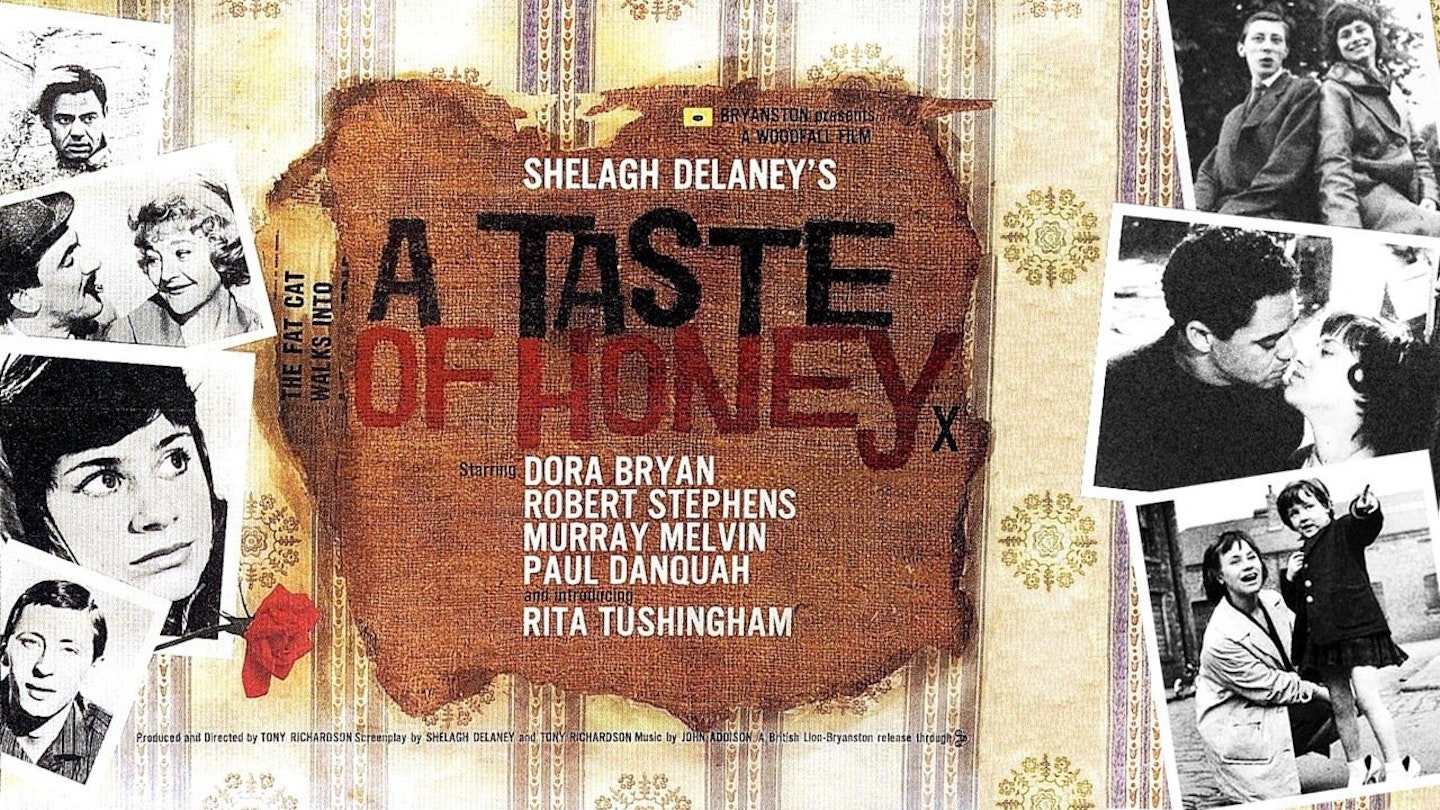Shelagh Delaney packed so many contentious issues into her Royal Court stage play that it could almost have been played as a parody of the kitchen sink style. Pre-marital promiscuity, cross-racial romance and homosexuality were just some of the tabloid topics she seized upon. But, by tightening the episodic structure and returning to his documentary roots, director and co-scenarist Tony Richardson was able to give the only ‘60s social realist drama with a female protagonist a human interest angle that was lacking from its more confrontational contemporaries.
Jo is much less angry than her male counterparts. But her lot is, in many ways, much tougher, as not only does her gender limit her employment prospects, but she is also expected to adhere to a stricter moral code, if only to avoid the stigma of an unwanted pregnancy. Moreover, in Helen, she has interfering in every aspect of her existence an example of what happens to those who do not abide by such bourgeois rules.
Reuniting with Walter Lassally, who had photographed the 1955 short, Momma Don't Allow, that he had made with Karel Reisz, Richardson set out to transfuse the Free Cinema spirit into a dramatic feature. Shooting exclusively on location - in Salford, Blackpool and a disused house on the Fulham Road that cost £20 a week to rent - he worked in whatever conditions he found on the day and, consequently, captured a sense of life being lived.
This was reinforced by the laudably naturalistic performances. The debuting Rita Tushingham handled wisecracks, insults and laments without ever seeming cocksure or mawkish, while Murray Melvin reprised his stage role with a dignified melancholy that contrasted strongly with Dirk Bogarde's showier display in the same year's Victim. But it was Dora Bryan's turn as the hard-drinking, self-serving Helen that most surprised 60s audiences used to seeing her in harmless comedy roles.
Despite its occasionally patronising tone, this proved a significant influence on the spit`n'sawdust soap opera and it remains a touching study of both vulnerable youth and a social order that's not as bygone as some would have us believe.
